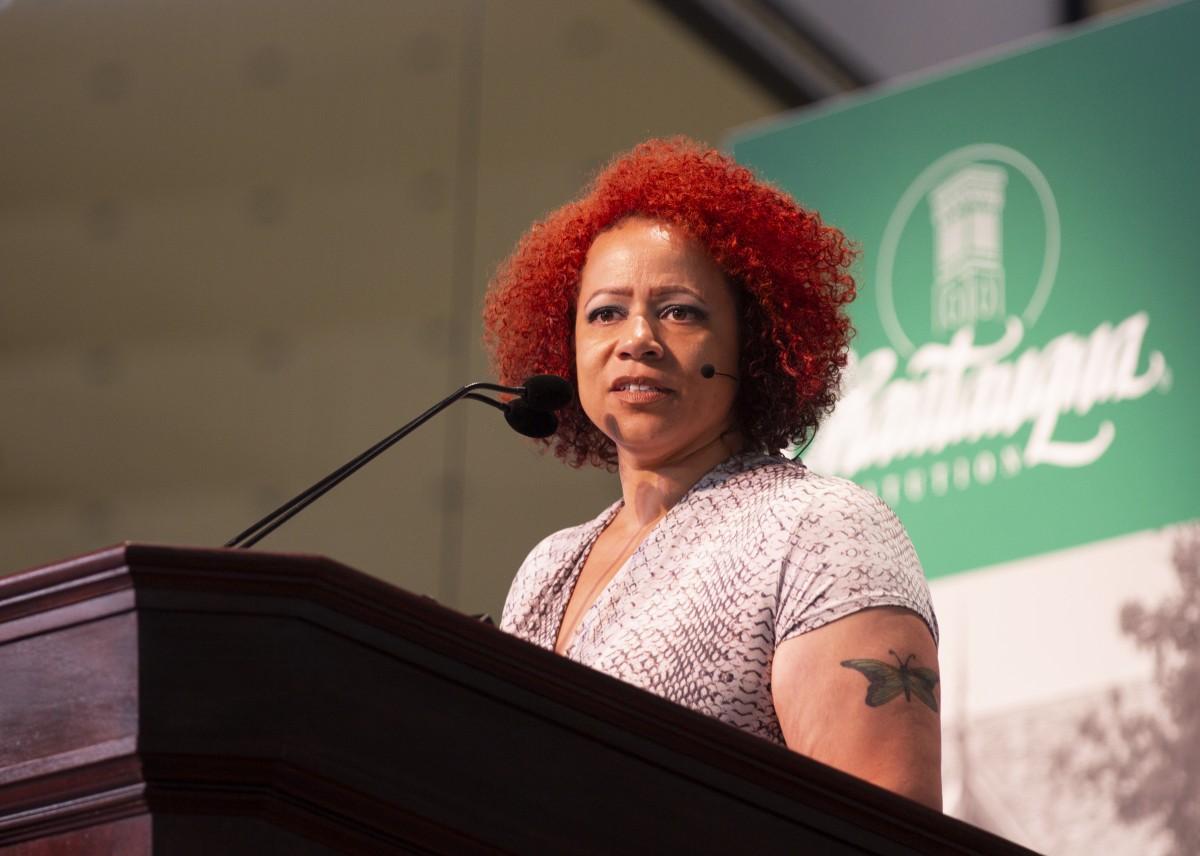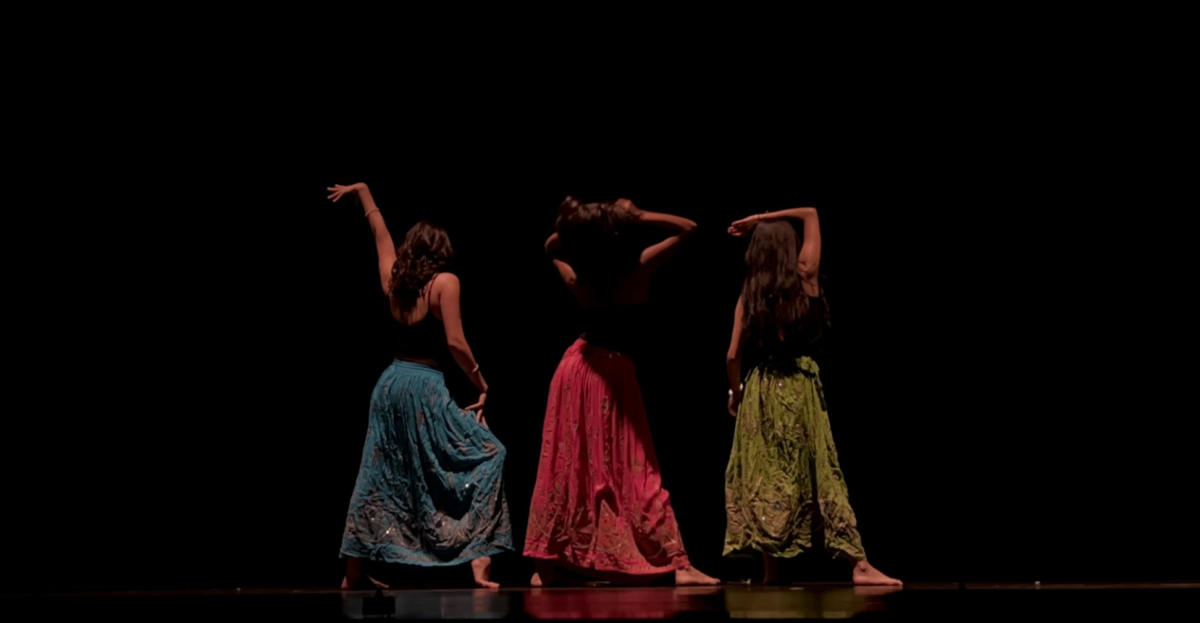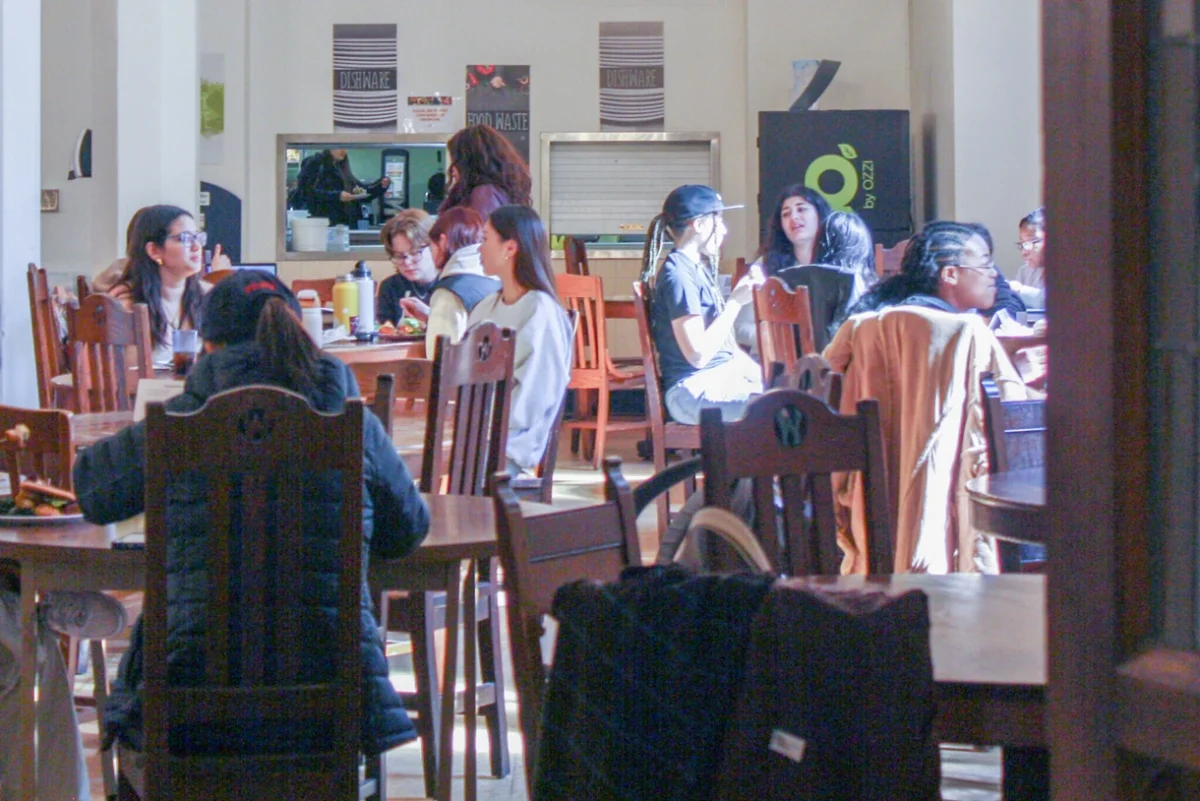As part of the Office of Intercultural Education’s “21 Days Against Racism” program, the College invited Pulitzer Prize-winning journalist Nikole Hannah-Jones to speak on Day 17’s webinar on Sept. 29. Dean of Academic Affairs Michael Jeffries was there to moderate the conversation.
Jones is most recently known for her groundbreaking New York Times initiative, “The 1619 Project.” This project was a multimedia collection of podcasts, essays and photographs that aimed to address America’s flawed and forgotten memories of slavery’s legacy and the continued contributions of Black Americans to our nation’s culture. In 2020, she was awarded the Pulitzer Prize for Commentary for the project.
However, Jones’ career did not begin at The New York Times with endless funds backing her proposals. On the webinar, Jones mentioned that upon graduating from the University of North Carolina at Chapel Hill (UNC) with a journalism degree, she wanted to work at a small newspaper firm in the South. Her dream was to work at an Atlanta local paper, however she did not land that job. Instead, she stayed in North Carolina, where her earliest journalistic assignments focused on education controversies, mostly about segregation.
After several years of working for smaller publications across the country, Jones reached New York City and began working for the nonprofit investigative journalism group ProPublica. At the same time, she was looking for schools in the City for her daughter. With Jones’ background in the American education system, she started to investigate her school search through a journalistic lens. Shortly after, she published the project “Segregation Now,” “investigating America’s racial divide in education, housing and beyond.”
“For me as a writer, it was really inspiring to hear how she wasn’t hired at a small Atlanta newspaper but still went on to win a Pulitzer with The New York Times,” said Macy Lipkin ’23.
Much of the conversation in the Sept. 29 webinar revolved around Jones’ opinions on journalism and its relationship with objectivity. She explained her own definition of objectivity as finding the balance between accuracy and accountability.
The conversation then turned to Jones’ recent work grappling with the current political and social climate. Jones spoke about how her research around race and American history has taught her that racial hierarchy is inevitable and that people repeatedly “choose their own race over the benefit of democracy.” While this may sound helpless and pessimistic, when asked if she was hopeful, Jones confidently stated that she works for one of the biggest publications in the world; she now has the power and influence to learn, read, write and expose injustices to a large audience.
“Many people are either scared to read or expose these historical frameworks. However, Nikole Hannah-Jones has been doing it so relentlessly and with such grace. She’s responsible for our nation’s growing conversation about race and injustices. We owe a lot to her,” said Naunet Leonhardes-Barboza ’24.
Jones ended the discussion talking about her future plans. She mentioned that “The 1619 Project” is still a living and growing body of work. Next fall, “The 1619 Book Project” will be published, along with children’s books, a TV series, movie and potentially a documentary on the process of its creation.






Margaret Schaub | Nov 15, 2020 at 8:30 am
Is there any movement to include this segment of history into current educational formats sensitive to k-12 learning?